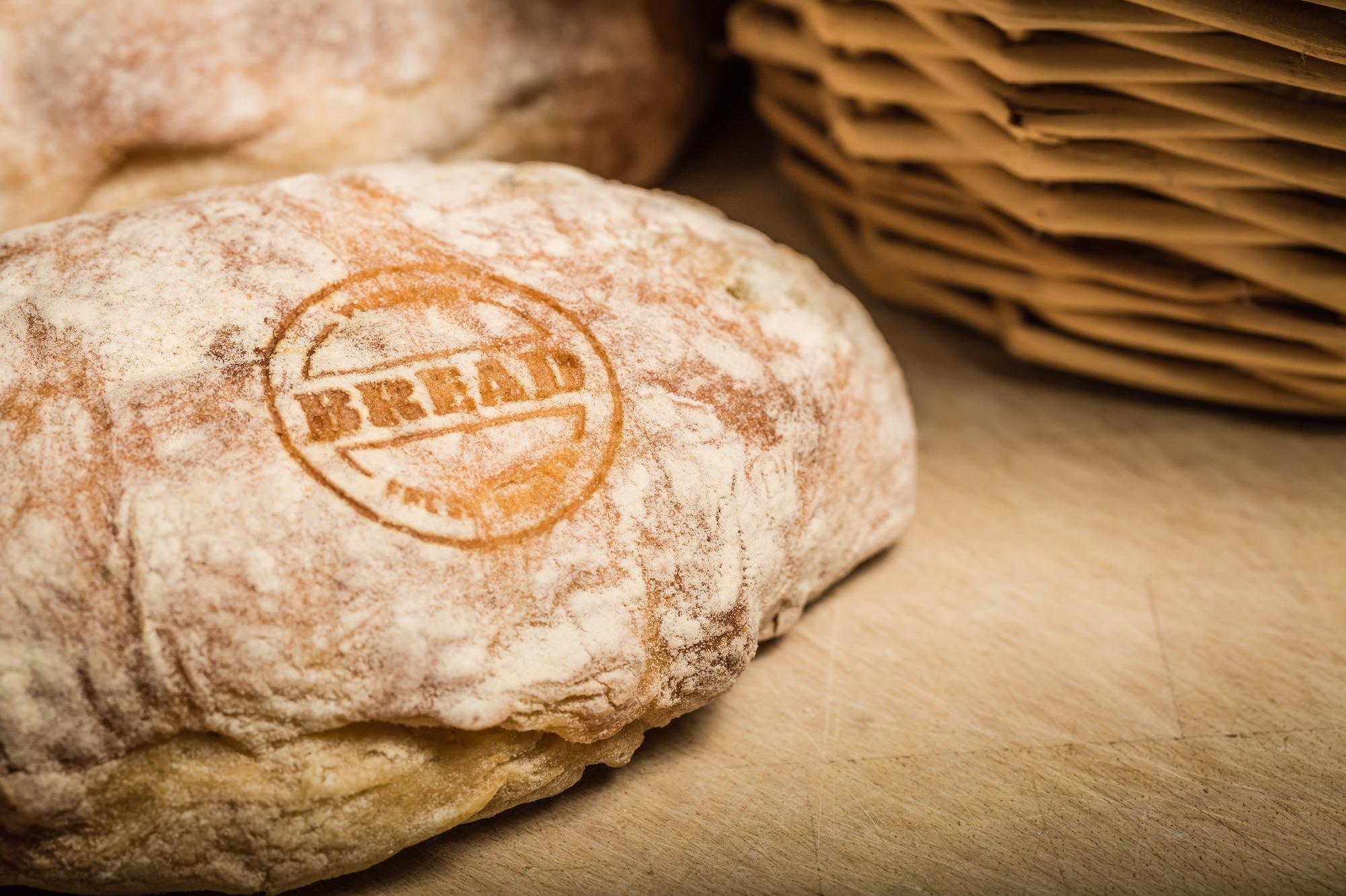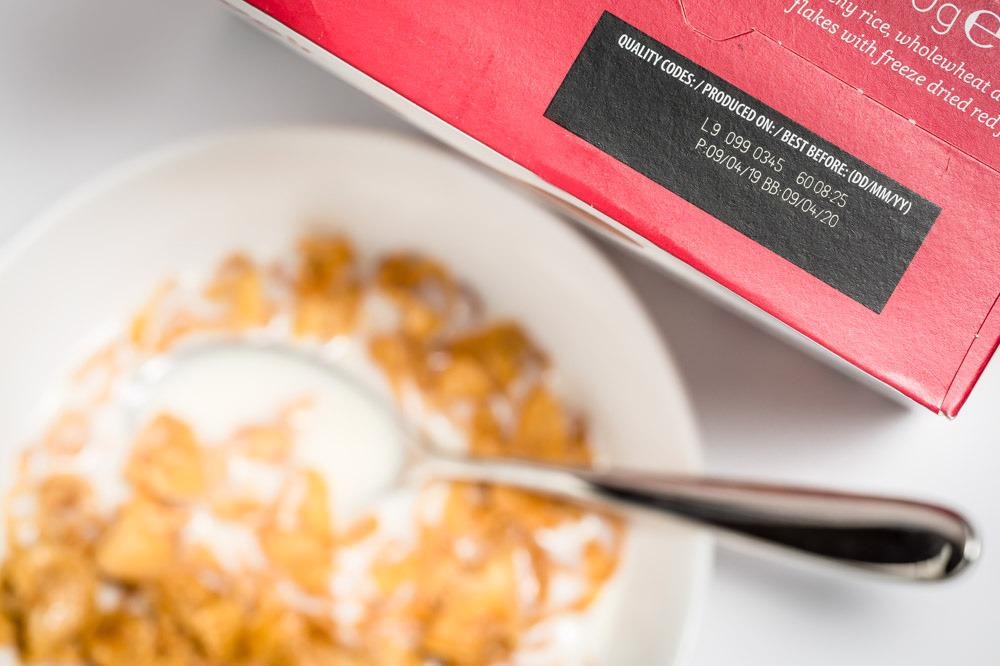With Earth Day almost upon us, leading laser manufacturer Luxinar is paving the way for sustainable solutions in the food industry. Whether it’s providing an ink-free alternative to mark packaging or laser coding directly onto food, the company’s CO2 laser sources are opening up a variety of eco-friendly possibilities.

Image Credit: Luxinar Ltd.
To mark packaging the laser ablates the inked coating on paper and card packaging materials, leaving a clear, high-quality mark. Variable information such as best before dates, batch codes, barcodes and 2D Data Matrix codes can be applied on the production line, on the fly, with the information being updated continuously as required. The laser marking process is quick, clean, and reliable. Marks are indelible and tamper-proof, and consumable costs are effectively non-existent once the laser coder is installed. This makes laser coding an attractive alternative to traditional ink-based technologies.
Luxinar’s CO2 lasers have found some surprising applications in the food industry. From grill marking of meat products to scribing eggshells and marking freshly baked bread rolls the laser sources are used in numerous imaginative ways. The process uses no potentially harmful inks or chemicals.

Image Credit: Luxinar Ltd.
Laser coding can be used to apply product information such as dates, batch codes and place of origin, or may simply be used to apply logos and graphics for brand identification and advertising. This is useful when products must be presented without packaging; in fact, the laser process may actually eliminate the need for packaging in some cases, reducing both cost and environmental impact.
The above is just a snapshot of the numerous applications for CO2 lasers in the food industry that give high quality, quick and clean results. Lasers also offer a sustainable solution for marking packaging by eliminating ink, solvents, chemicals and cartridges and, by marking directly onto food, they reduce the need for packaging materials.